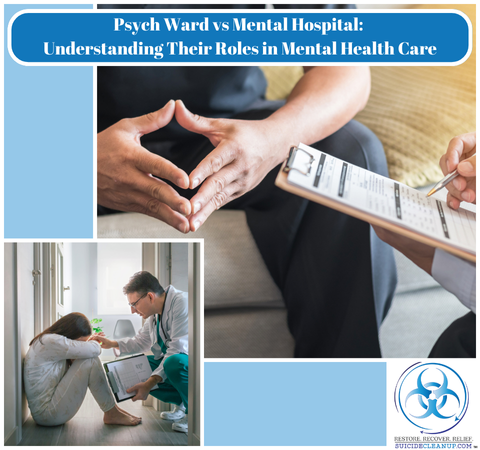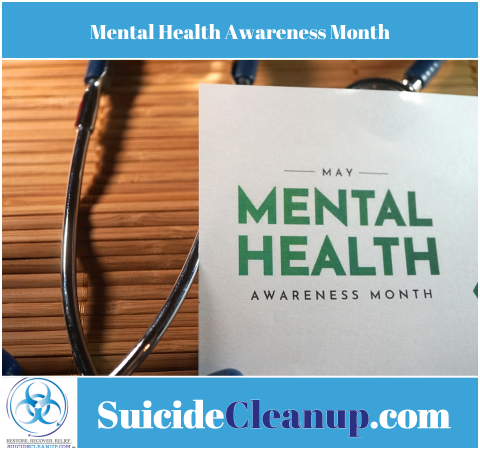
Grief During the Holidays
December 15, 2021
What Causes Spring Suicide Peak?
December 30, 2021Life events that change you are very real, and very likely during an average person’s lifetime. When a life event changes you, for good or bad, it is considered traumatic. There are several common life stressors you’ll want to identify and read about in order to get track to the help you need.
Life stressors vary in their degree of impact and are capable of tragically changing your life. Extreme negative stressors can deteriorate your quality of life from depression. You may not even realize what’s affecting you is really the result of a major life stressor. That’s why we’re here to help our clients in their first step after suffering a loss. Physical manifestation of grief, trauma, and stressors good or bad is very real and very possible. Remember, cycling through the ruminations and major mental distress translates to physical exhaustion as your body tries to keep up.
In most cases, happiness depicts a good life stressor, while sadness or grief shows a bad stressor. Let’s explore how this can affect us physically and how we can manage these effects.
Signs of a Bad Life Stressor
Dealing with a death in the family is a major negative life stressor. Losing a loved one from a chronic disease may impact differently from a sudden death such as an accident or suicide. Sudden death is likely to be more traumatic. Physical evidence that a negative life stressor may be affecting you include:
- Shock and numbness: Depending on the stressor, you may also feel numb and disconnected from the rest of the world. With this, emotions like disbelief and denial are expected.
- Grief: This is a natural feeling that follows the initial shock of death. It is often thought to appear in stages, each experienced differently and at different times. Generally, these stages include shock, denial, anger, depression, and acceptance.
- Anger: It occurs when you are unable to grasp the reality of your loved one’s death. You may struggle with hostility or blaming others for the demise of the deceased.
- Suicidal thoughts: Bad life stressors cause you to begin entertaining the idea of self-harm. For example, depression can be so severe, leading you to start thinking about ending your life.
- Nightmares and flashbacks: You may experience flashbacks of the traumatic event, including nightmares about it. It may cause you sleeplessness or the inability to function optimally.
- Additionally, poor stress management causes you to feel nauseous and fatigued. You may also experience loss of appetite, digestion problems, and weight gain.
Signs of a Good Life Stressor
Again, good stress is a real thing. Remember how stressful it was on your first day of school, or the first time you hung out with someone you liked a lot? You have probably felt that “butterflies in your stomach” feeling once before. It’s a real phenomenon! Here’s some other ways your body is affected:
- More energy
- Better bowel movements
- Quicker muscle growth
- Better weight management
- Adrenaline rush
- Surge of hormones
How Can You Cope with Major Life Stressors?

Healthy eating can aid in coping with stressful life events. Antioxidants in blackberries and raspberries can reduce inflammation responses produced by stress.
Dealing with major life stressors in an unhealthy or negative manner puts you at greater risk of deepening your trauma. Here’s some healthy ways of dealing with trauma:
- Allow yourself to mourn the departed instead of suppressing your feelings.
- Allow people to help support you emotionally and physically. Join a bereavement support group and share your feelings.
- Be sure to take time to yourself to handle and process your feelings. If you are having suicidal thoughts, seek immediate help from a professional counselor or a trusted friend.
- Make time for family and friends. When you share your frustrations, fears, and insecurities with your loved ones, your stress triggers are alleviated.
- Exercising keeps you physically and mentally fit. It helps lower stress hormone responses and triggers the brain to release endorphins.
- Practice daily affirmations. Research shows that self-affirmations can help buffer against stress and help keep an open mind towards criticism.
If this article has helped you, please consider sharing it on social media. Thank you!





